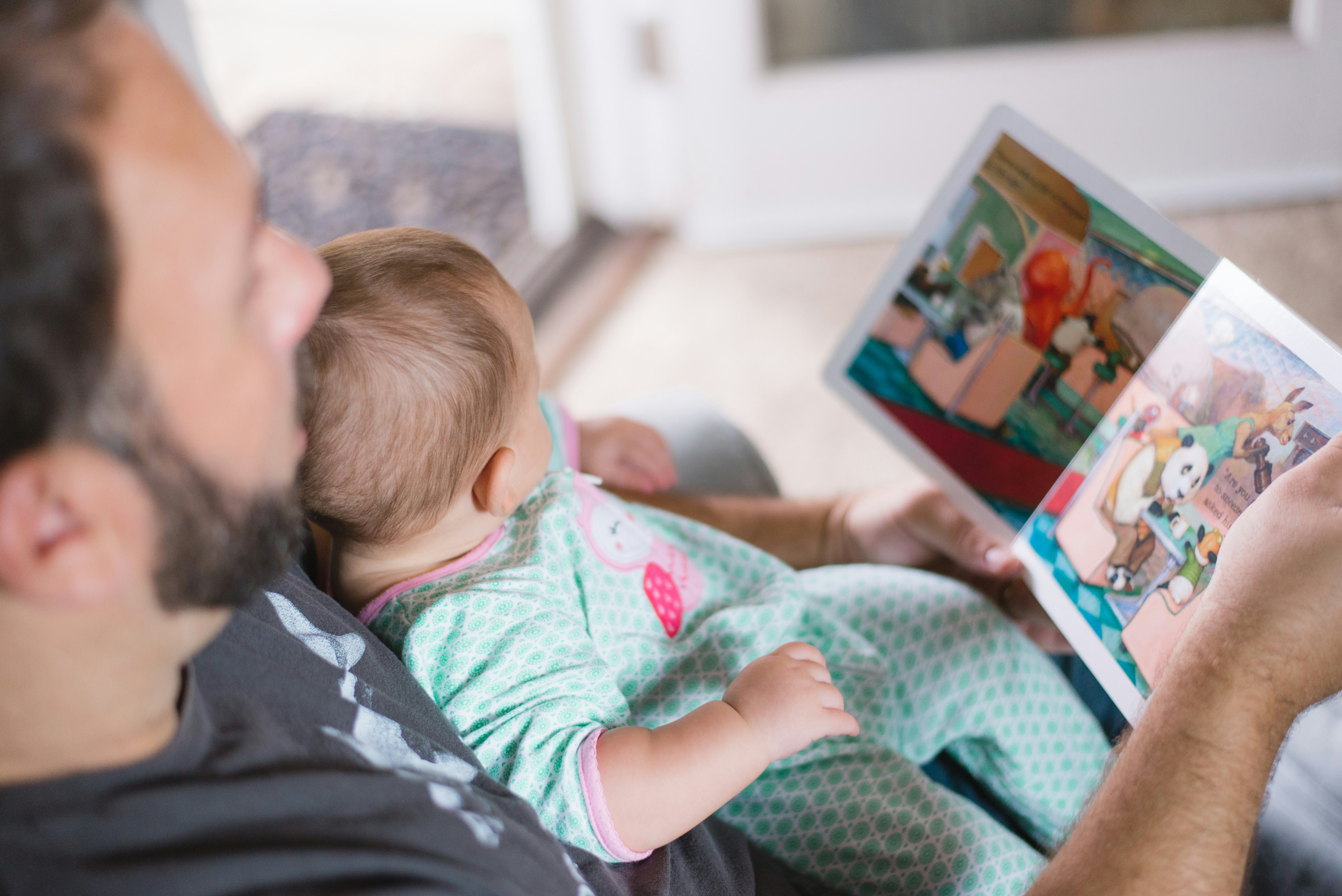As parents, we often focus on talking to our babies to stimulate their development. However, incorporating music into their daily routine can offer even more profound benefits. Music is not just a source of entertainment; it is a powerful tool that can enhance your baby's cognitive, emotional, and physical growth.
The Cognitive Benefits of Music
Music has a remarkable impact on brain development. Studies have shown that musical activities can improve memory and cognitive skills in babies. When a baby listens to music or sings along with nursery rhymes, both sides of their brain are engaged simultaneously. This dual engagement boosts mind-body brain development, enhancing memory and cognitive functions.
Moreover, music supports language and literacy development. It helps babies recognize and use different sounds, which is crucial for phonemic awareness. Songs and rhymes introduce new words, expanding a baby's vocabulary and helping them attach meanings to words through action songs. This early exposure to music lays the foundation for future language skills, making it easier for babies to learn to talk, read, and understand complex language concepts.
Emotional and Social Development Through Music
Music also plays a vital role in emotional and social development. It can lift a baby's spirits, calm them, and help them make sense of their emotions. Songs that focus on feelings can help toddlers understand and express their emotions better. Additionally, musical activities encourage socialization and build self-esteem. When babies hear the sounds they produce and receive applause, it boosts their confidence and social skills.
Physical Development and Motor Skills
Engaging in musical activities can significantly enhance a baby's physical development. Dancing to music strengthens arm, leg, and trunk muscles, while playing instruments and finger-plays promote fine motor skills. These activities prepare a baby's fingers and hands for tasks like writing and drawing. Singing also exercises the mouth and lip muscles, contributing to better speech development.
The Importance of Active Music Making
Active music making, as opposed to passive listening, offers the greatest benefits. Activities such as live singing, action songs, and playing percussion instruments provide a multi-sensory experience that stimulates both hearing and sight. These activities show babies that music is participatory and fun, encouraging both musical and social development.
Starting Early: Music in the Womb
The benefits of music start even before birth. Studies have shown that exposing fetuses to classical music can positively impact their physical and mental development after birth. Babies exposed to music in the womb exhibit advanced motor skills, linguistic abilities, and intellectual development compared to those who did not receive musical stimulus.
Practical Tips for Incorporating Music
Here are some practical ways to incorporate music into your baby's routine:
Sing and Sway: Sing your favorite songs while holding your baby and sway to the beat. Babies love repetition, so don't hesitate to play the same songs repeatedly.
Musical Toys: Offer simple instruments like egg shakers, maracas, and chimes. These toys help babies learn about cause and effect while providing visual and auditory stimulation.
DIY Drum Set: Use household items like empty ice-cream cartons and wooden spoons to create a makeshift drum set. This activity allows babies to explore different sounds and rhythms.
Dance Parties: Organize dance parties where you and your baby can move to the music. This activity strengthens muscles and enhances coordination.
Incorporating music into your baby's daily routine can significantly enhance their development. From cognitive and emotional growth to physical and social skills, music offers a holistic approach to early childhood development. So, don't just talk to your babies—play them music, too, and watch them thrive.






.jpg&w=3840&q=75)




.jpg&w=3840&q=75)



.jpg&w=3840&q=75)